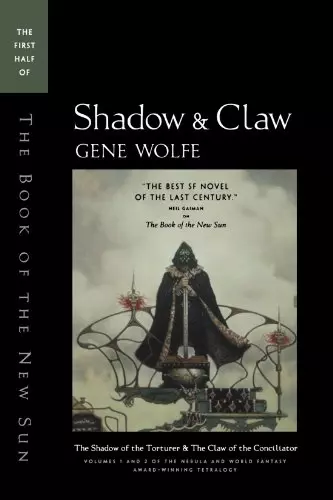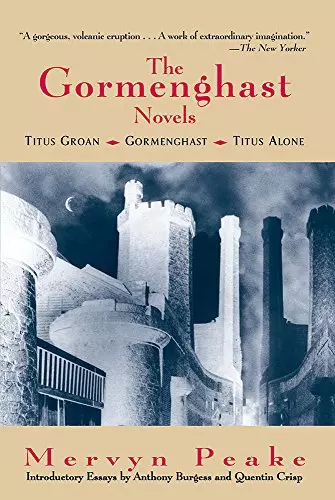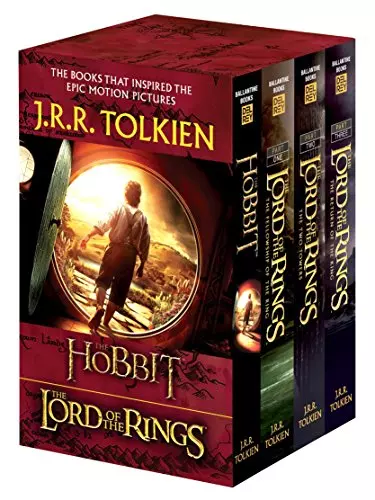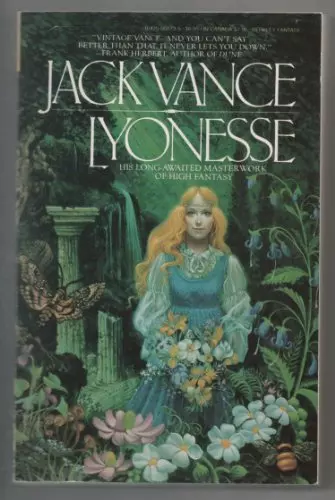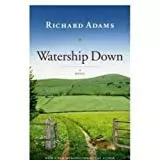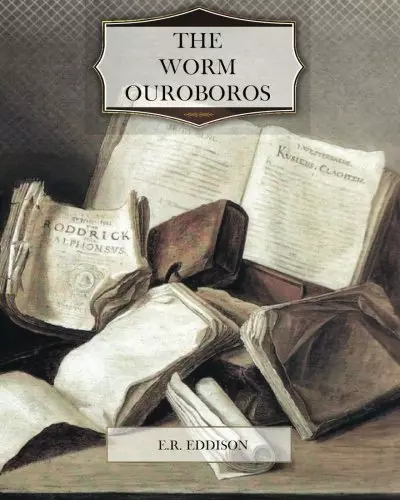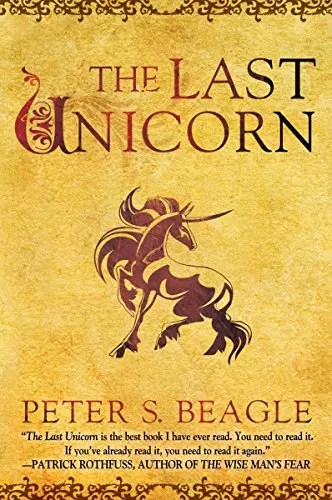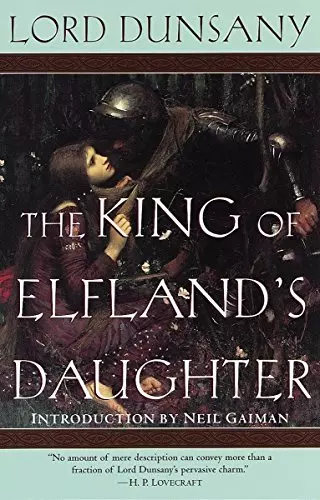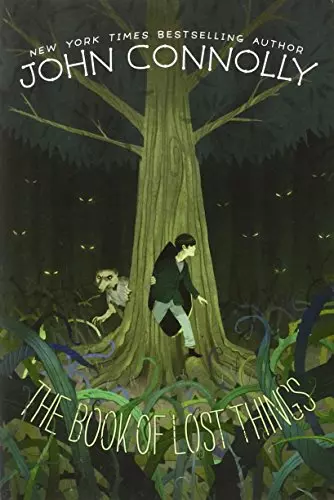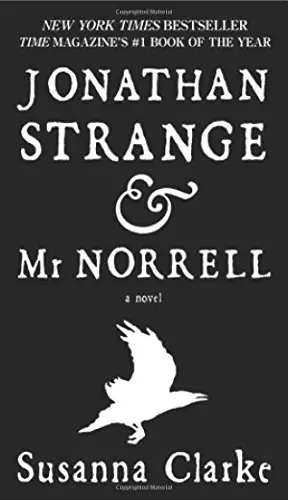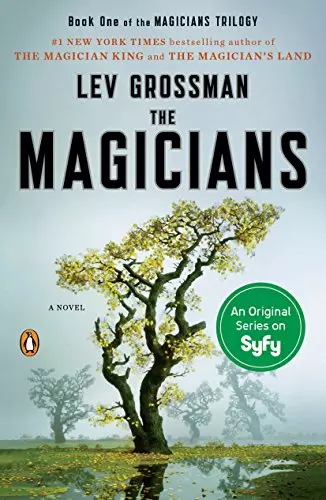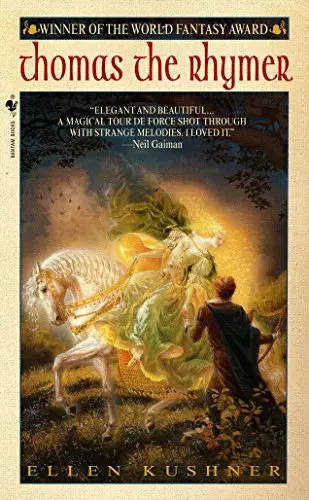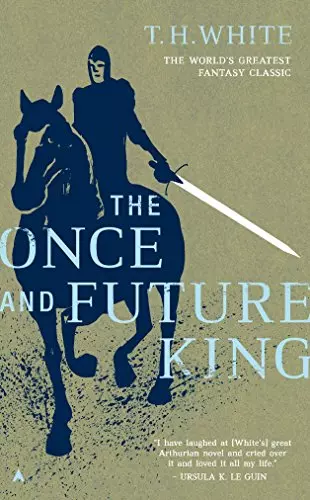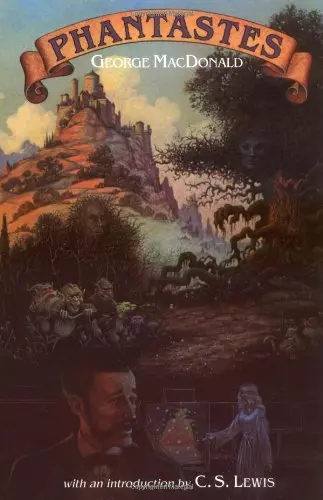Best Literary Fantasy Books
Well Written Fantasy with Deep Themes, Considered 'Literary'
If you're tired of those same old boy villager finds magic sword / talisman / super power, meets a company of sidekicks (with the requisite princess in disguise and old man mentor who's also probably also likely a wizard), then goes to beat down some Dark Lord / evil wizard / corrupt god, then you'll want to find some fantasy books of substance. These type of fantasy books with substance are called "literary fantasy." In short, they are the result when a truly talented writer decides to pen a fantasy book.
In a genre filled with hack writers and wasted tree pulp, it's hard to find a fantasy novel that actually explores MORE than just fighting some dark lord or completing some boneheaded quest. Literary fantasy explores the meaning of life or looks at real issues. Often, the fantastical landscape is just a means to posing a bunch of questions. Sometimes the quest the hero faces is in fact an allegory for something else. Literary fantasy tends to be written by men and women who can actually write -- not only are the words and sentences pregnant with meaning, but they are often beautifully constructed. Literary fantasy is often more than the sum of its parts; that is, there is more "to" the book then just the words.
Do check out our Guide to the Literary Fantasy subgenre.
These literary fantasy novels presented here are what I consider the best in the genre.
Ranked Fantasy Books
Trending Books in Best Literary Fantasy Books
Trending Fantasy Booklists
Best Fantasy Books 2025
The Must-Read Fantasy Releases of 2025 That Fans Are Devouring Worldwide
Top 25 Best Fantasy Books
Love fantasy novels? Hate wasting time reading trash? Then read this definitive guide to the top 25 Fantasy books in the genre.
The Best Sci-Fi Movies
The Best of the Best Science Fiction Movies
Top 50 Best Epic Fantasy
The Absolute Best Epic Fantasy Series
Top 100 Fantasy Books
The Top 100 Best Fantasy Books Ever Written
Top 25 Best Fantasy Audiobooks
The Best Fantasy Audiobooks (Updated 2016)

